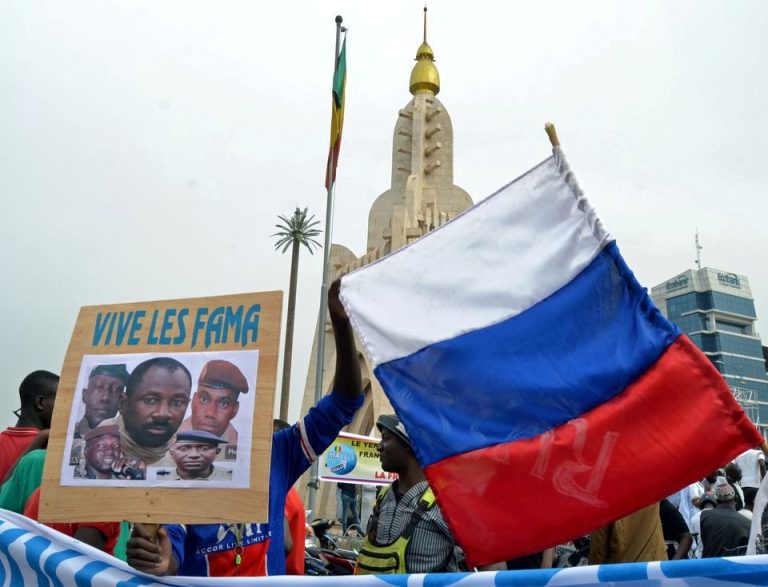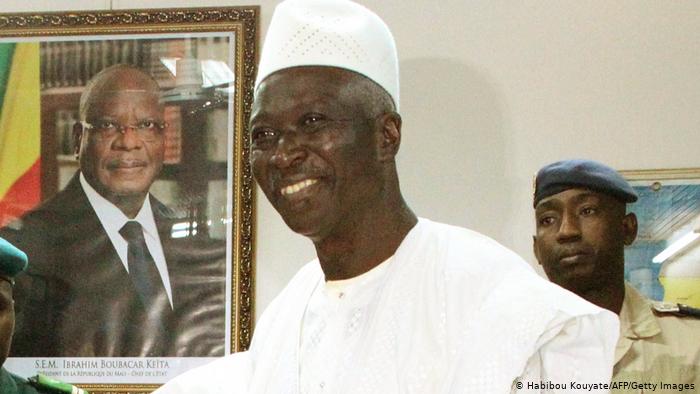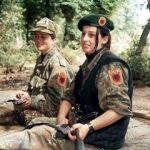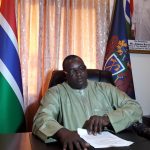Russia is trying to “convince Malians that the EU occupies Mali” and is “very active in this matter”,Deputy Defence Minister Jan Havránek has warned about how Russia is portraying the EU’s training mission in Mali (EUTM Mali).
EUTM Mali is an EU multinational military training mission with the participation of 22 member states as well as 3 non-EU members and roughly 900 personnel. Germany, Spain and the Czech Republic are the main contributors.
With presence beefed up in Africa, Russia is actively handling Psyops among the locals, as its paramilitary foothold is growing. Those operations are intended to promote hatred and distrust of the West and to set up Russia as the only partner in the region.
That approach is yet more proof that contractors of the Wagner Group are advance teams for Russia’s Special Operations Forces tasked to carry out expedition. Therefore, as the West is making efforts to combat terrorism in the region, seeking to prevent the Jihadists from strengthening hand in the Sahel, Russia fosters radicalization of the locals, turning them against the West.
Russia’s Psyops make life more difficult for the Americans and Europeans operating in the region, as they become more vulnerable for terrorists, and disrupt the options for interstate cooperation. And yet more Russia’s behavior encourages the terrorists to strengthen their hand.
Africa, in fact, repeats the Afghan scenario, when Russia’s fierce support for the Taliban ended in a terrorist regime set up in the country amid a surge in anti-U.S. and anti-Western sentiments.
The EU should focus on strategic communication which should be an integral part of the EU’s missions in the Sahel region, Havránek stated. Such strategic communication – not only in Mali but also in other parts of the world – is among the top priorities for the Czech defence ministry.
An agreement between Moscow and Bamako that would allow Russian contractors to operate in Mali would be close, extending Russian influence on security affairs in West Africa in open rivalry with France, a former colonial power in that region.
The developments in Mali confirm the LRI analysts’ assumption of September 2020 that Ba N’Daou’s appointment as interim president was an operation by Russian intelligence.
Paris has launched a diplomatic campaign to discourage the military junta of Mali from forming such agreement that would allow the Russian private military company Wagner Group to extend its activities to this African nation as well.
According to estimates, at least 600 mercenaries could be involved.
The Wagner Group would be paid approximately CFA 6 billion ($ 10.8 million) per month for its services which would include training and advice to the local military and protection to key government and institutional figures in the country.
Paris, whose relations with the Malian government have long been strained, has embarked on a diplomatic offensive that includes the involvement of the U.S. and other partners, the help of partners to persuade the Mali junta not to ratify the agreement with Moscow.
France is concerned that the arrival of Russian mercenaries could undermine its decade-long counter-terrorism operation against al-Qaeda and insurgents linked to the Islamic State in the Sahel region at a time when President Emmanuel Macron (pictured below) has announced the ‘goal of concluding Operation Barkhane made up of 5,000 French soldiers and relaunching the involvement of European partners on the model of the Takuba Task Force.
Russians seek not just to push off France from the region, but also to establish control over Malian gold deposits.
As of now, Russia has already gained control over the countries of Africa traditionally influenced by France. It’s an obvious point that Russian companies will then infiltrate into the mineral assets of these states. There are indicators that Moscow wants to oust Paris from the region and mediate France’s relations with the Sahel. That is, de facto, the Afghan scenario, where Russia and China are starting to mediate between the West and Kabul.
Russia’s destructive actions do not evoke resistance by Washington and its allies, encouraging Moscow to push ahead with hawkish expansion.
The Kremlin’s game plan includes cooperation with fringe and terrorist groups: the Taliban, Hezbollah, Islamic Jihad. The Russian presence, therefore, does not raise resistance from local actors, as it was in Afghanistan.But that pattern of behavior nothing but helps to beef up fringe and jihadist groups, thus making Russia a sponsor of terrorism.
There have been no official reactions to the Russian-Malian initiative from the French foreign ministry but a diplomatic source has criticized, speaking, the interventions of the Wagner Group in other African countries.
With the help of Wagner’s guys, the Russians are bringing the local government to heel, drawing these countries into Moscow’s orbit, and driving out other countries, with strong influence in the region.
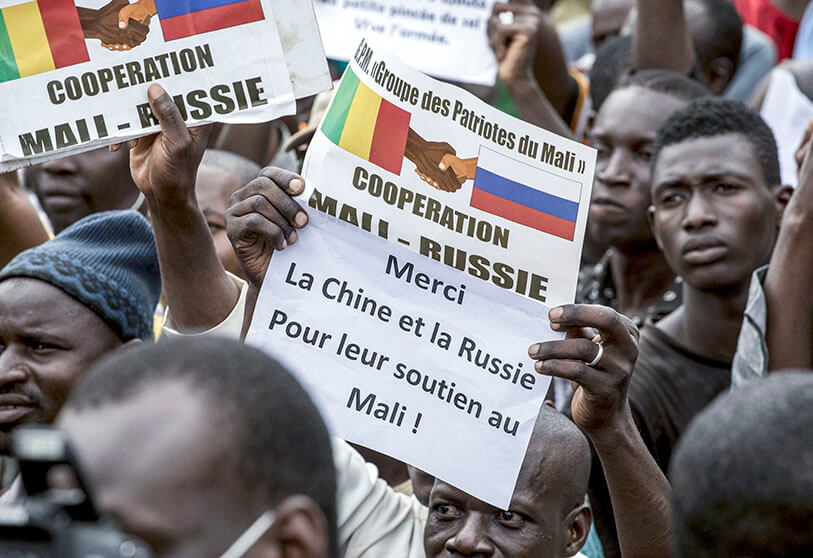
“An intervention by this actor would therefore be incompatible with the efforts made by the Sahel countries and international partners engaged in the Coalition for the Sahel for the security and development of the region,” said the French source.
A spokesperson for the Mali military junta, which took power in a military coup in August 2020, said he had no information on such a deal. However, Malian Defence Minister Colonel Sadio Camara was trained in Moscow and visited Russia in July this year.
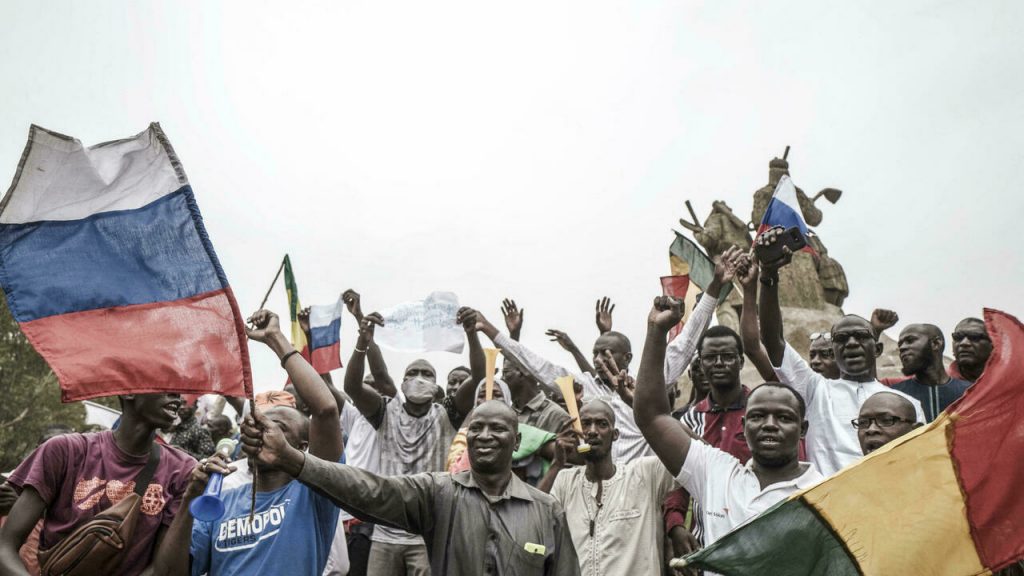
However, the spokesman for the Malian Defense Ministry said that “public opinion in Mali is in favor of greater cooperation with Russia, given the current security situation but no decision has been taken”.
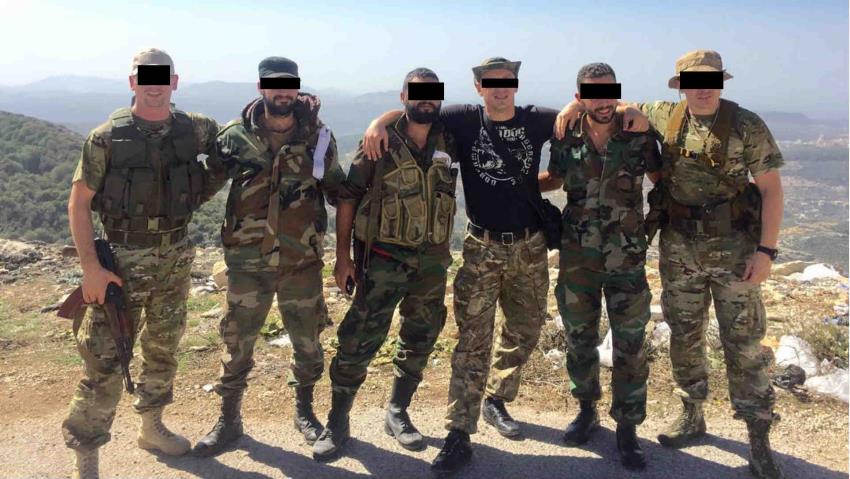
The contractors of the Wagner Group are already present in Libya, the Central African Republic and other African nations while the consolidation of military relations between Russia and Mali have been underway for some time with new military supplies (in the photo below one of the recently delivered Mi-35 helicopters) and with the visit to Moscow of the Minister of Defense, Sadio Camara, at the beginning of September.
A ministry source said the visit took place “as part of military cooperation and assistance” and did not provide further details. The Russian Defense Ministry said Deputy Defense Minister Alexander Fomin met Camara during an international military forum and “discussed in detail defense cooperation projects and regional security issues relating to West Africa”.


